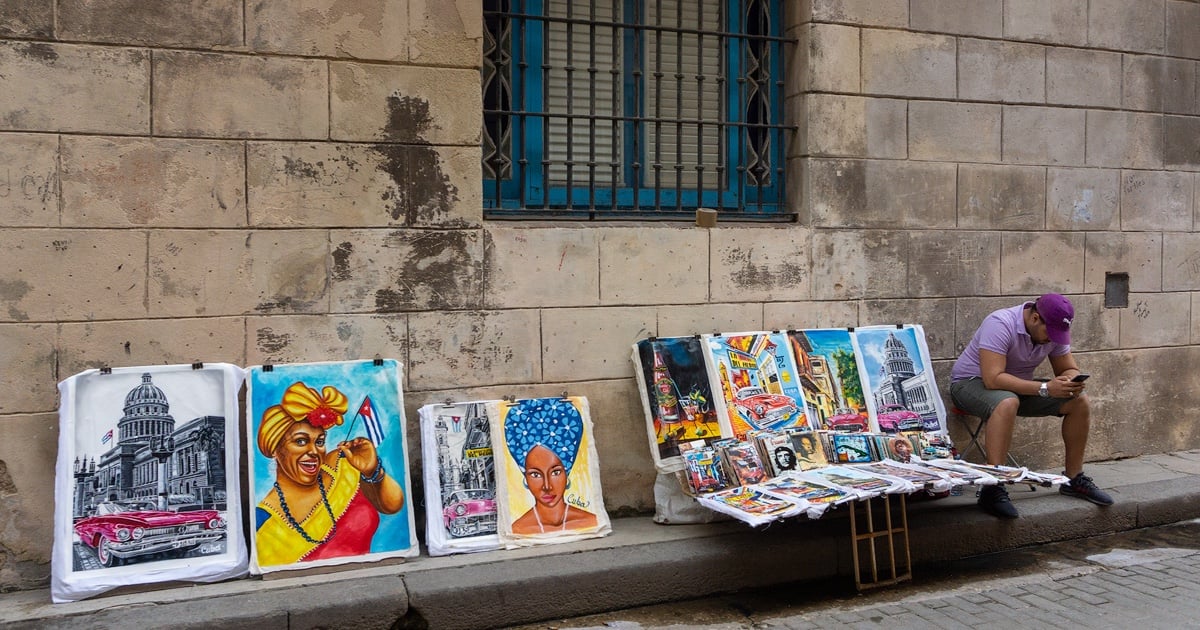
It was anticipated and is now confirmed. Cuba will not reach the 3 million tourists that it set as a target for 2024, as confirmed to Granma by the Minister of Tourism, Juan Carlos García Granda.
This happens despite the Cuban regime's years-long investment efforts focused on the tourism sector, which has not recovered in the island since the Covid-19 pandemic. However, the state-run press does not investigate the reasons behind the decline in visitor arrivals to Cuba, especially at a time when countries like the Dominican Republic, a direct competitor, have set records with 5 million visitors arriving in the first five months of this year.
What we do know is that the tourism crisis in Cuba is not due to a lack of infrastructure. The Island has 80,000 hotel rooms, 75% of which are rated 4 and 5 stars, managed by 18 chains. Additionally, there are 57 airlines from 32 countries operating, and 24 joint ventures focused on constructing new hotels. Of these, four are exclusively dedicated to real estate development, and 15 have made investments and are currently in operation. Among these, most (13) operate under Management and Marketing contracts and account for 4,705 operational rooms.
Currently, there are 128 approved contracts for Hotel Management and Marketing and Services with 18 foreign management companies for the administration of 153 hotels with 56,928 rooms. This means they manage 65% of the total in the country.
Outdated sun and beach model
It is clear that the Cuban tourism model is no longer driving the economy. That is why the Minister of Tourism is confident that diversifying the offerings will help overcome the stagnation, now focusing on nature and adventure tourism; cultural and historical-patrimonial tourism; events and incentives; and health tourism, without neglecting the traditional sun and beach tourism.
As is often the case in Cuba, expectations for the future are typically more optimistic than the present. In fact, authorities are confident that a country like Spain, where housing prices have skyrocketed and are consuming family incomes, will be one of the main sources of tourists in 2025. Arrivals are anticipated via the Madrid-Santa Clara route from June 19 to September 11, with a new route from Barcelona to Santa Clara in July and August.
The regime believes that news like the massive blackout in October, which even affected hotels, will not deter tourists from coming to Cuba. It also hopes that the ongoing protests in the streets, the display of police repression, and the lack of public safety will not dissuade those planning their vacations in the Caribbean.
In the short term, Cayo Largo will not receive tourists until December 4, 2024, with the hope that the high season, which begins next month, will provide a boost to a struggling wartime economy.
The recovery of the camping sites in Artemisa, impacted by Hurricane Rafael, is still ahead. Additionally, the Marea del Portillo hotel in Pilón, Granma, will remain closed until December 15 due to damage caused by the 6.0 magnitude earthquakes that affected the eastern part of Cuba on November 10.
For this season, the Minister of Tourism has announced "two new products": Resonance and Blu, from the Blue Diamond hotel chain. Meanwhile, the spokesperson for the Ministry of Tourism, Yadira Ramírez, discusses the debut of Vila Galé Hotéis from Portugal, with a first resort under management in Cayo Paredón (central-north), according to the official newspaper La Demajagua.
Ramírez also mentions new hotel products for the high season of 2024-2025. Among them, he cites the Hotel Iberostar Selection La Habana, Hotel Sierra Cristal in Ramón de Antilla, Gran Muthu Ensenada and Starfish Guardalavaca in Holguín, and Muthu II Frente in Santiago de Cuba.
Filed under: